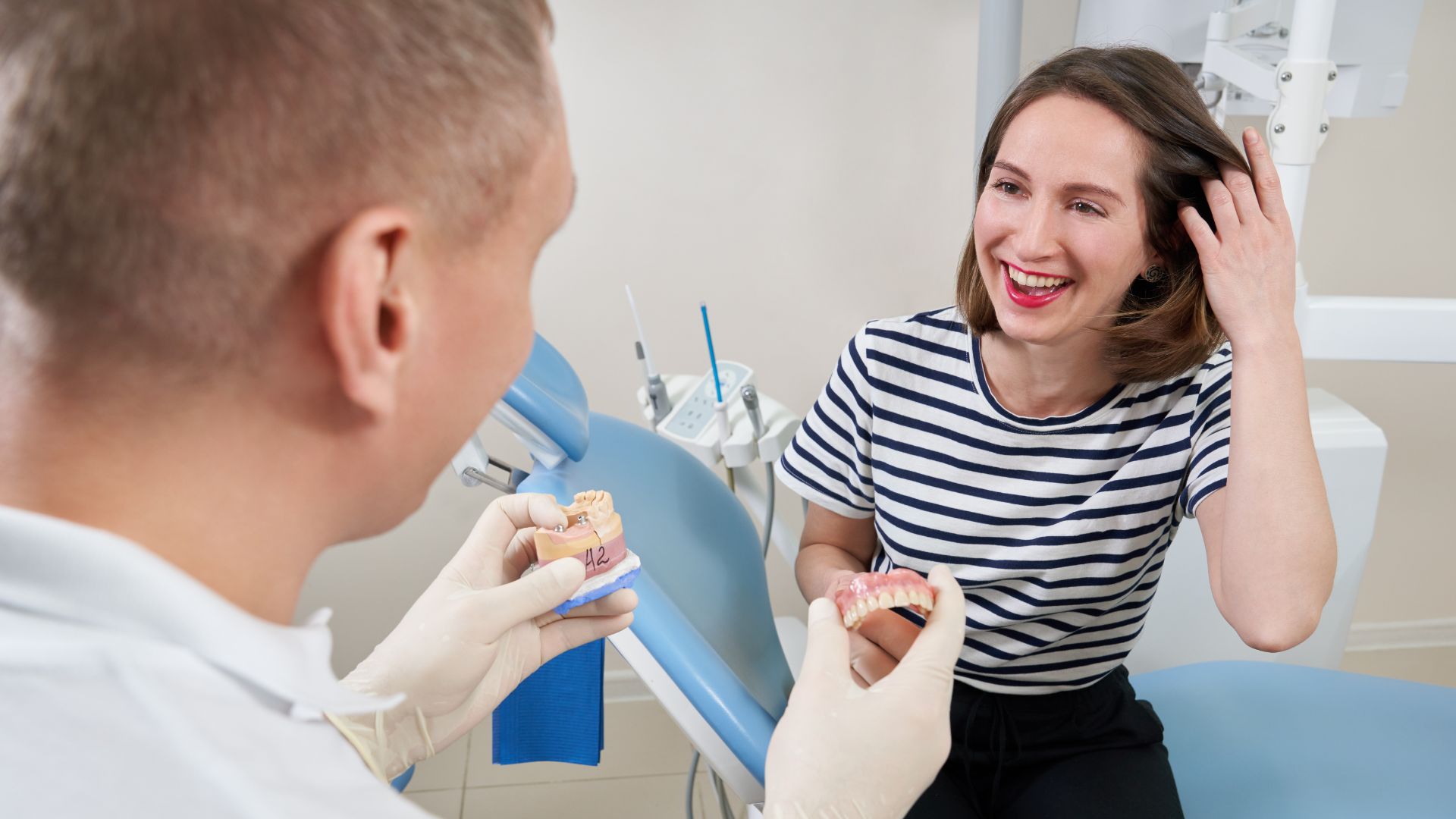Aftercare To Get You Smiling ASAP
After your procedure is completed and you leave our office, there are things you can do to hasten the recovery process. While aftercare can vary from procedure to procedure, there are general aftercare practices that you can follow. Keep reading to learn proper aftercare for general visits, oral surgeries and tooth abscess treatment.

General Aftercare
Following any appointment, we will provide you with individualized aftercare procedures. However, there are general procedures that we recommend to all of our patients. These include:
- Stay hydrated. Staying hydrated is crucial to giving your body the resources it needs to heal. This is especially important if you had surgery, as your body needs to recuperate the blood it may have lost at the surgical site.
- Rest. Resting is another key part of giving your body the chance to recover. How much you need to rest will depend on the procedure completed. Fillings may require little to no resting while an extraction may require you to rest for a couple of days.
- Brush your teeth. Brushing twice daily is already important, but it is extra important to do this following a procedure. The bacteria that builds up on your teeth could cause an infection in an area that is recovering if it is not cleaned out. If you had a more invasive procedure, you should still brush the area but be sure to do so gently.
- Floss. Flossing is also an integral part of your dental health routine and should be completed once a day just like before a procedure, but with more gentleness around the affected area.
We have included aftercare procedures specific to the type of work completed below such as for more intensive procedures like dental implant surgeries. The procedures listed below should be completed in addition to the general aftercare already provided.
Oral Surgery Aftercare
- Bite on gauze. Immediately following the procedure, you should bite down on moistened gauze to apply pressure to the surgical site. This will help to stop the bleeding. We will send you home with extra gauze to replace your gauze until the bleeding reduces significantly.
- Use an ice pack. Applying an ice pack will help reduce your pain and swelling. You should apply the ice pack for 20 minutes and then remove it for 20 minutes.
- Eat soft foods. Soft foods will reduce the amount you need to chew, giving your jaw more rest. This is especially important if a local anesthetic was used as you will not be able to feel what you are chewing and could accidentally injure yourself.
- Do NOT use straws. The suction from using a straw can dislodge the blood clot, causing you to have a dry socket. Dry sockets can cause severe pain in many patients.
- Stay on top of medicine. We will prescribe you pain medicine to take to help manage your pain. It is important to take them as prescribed, as missing a dose could cause you unnecessary pain.
- Avoid smoking. Smoking can cause you to get a dry socket as it is similar to using a straw. Additionally, the smoke could cause infection at the site and slow the healing process.
Ready to Schedule an Appointment or Have Questions?
At Black Hills Dentures & Implants we’re always happy to answer any questions you may have.

